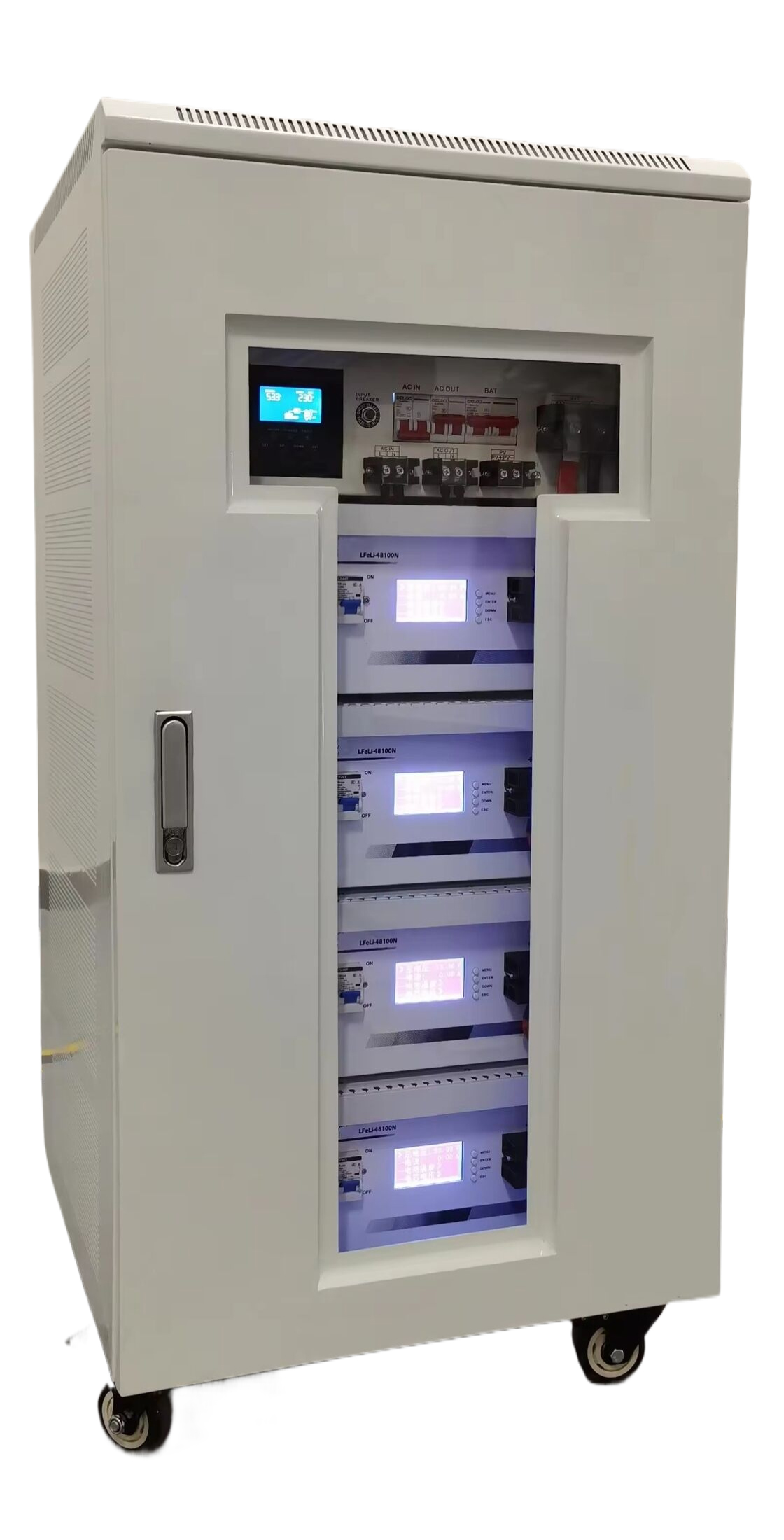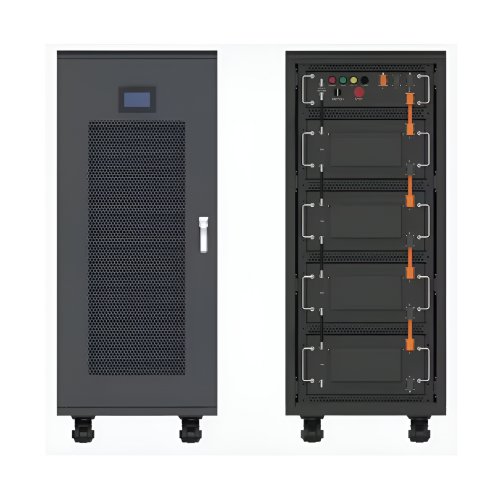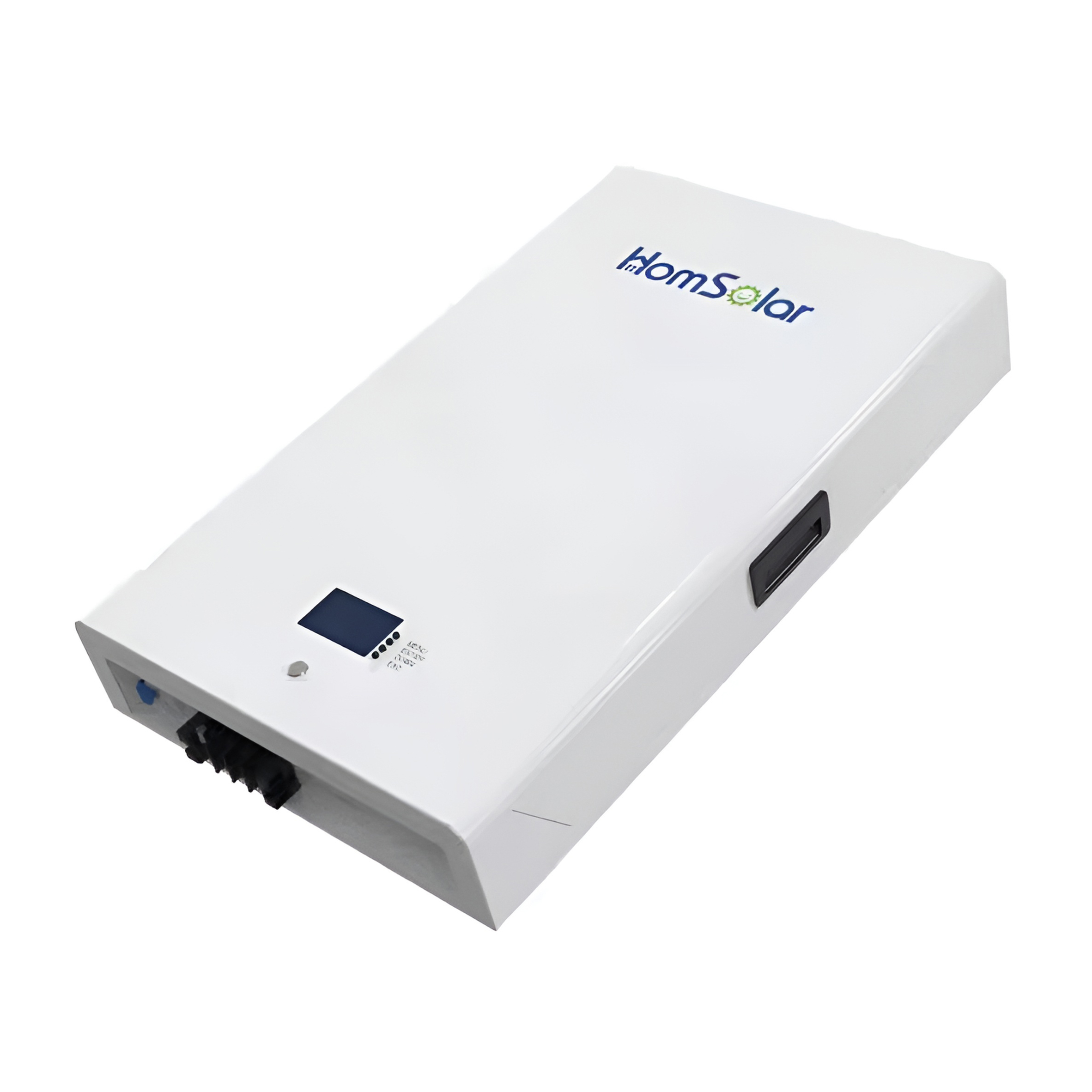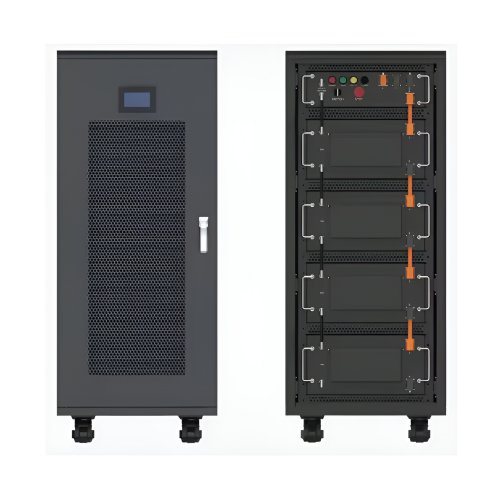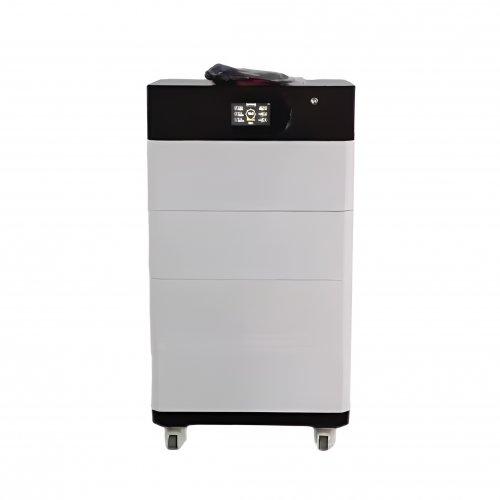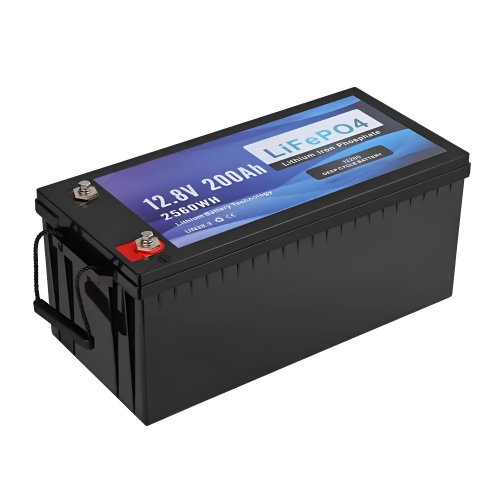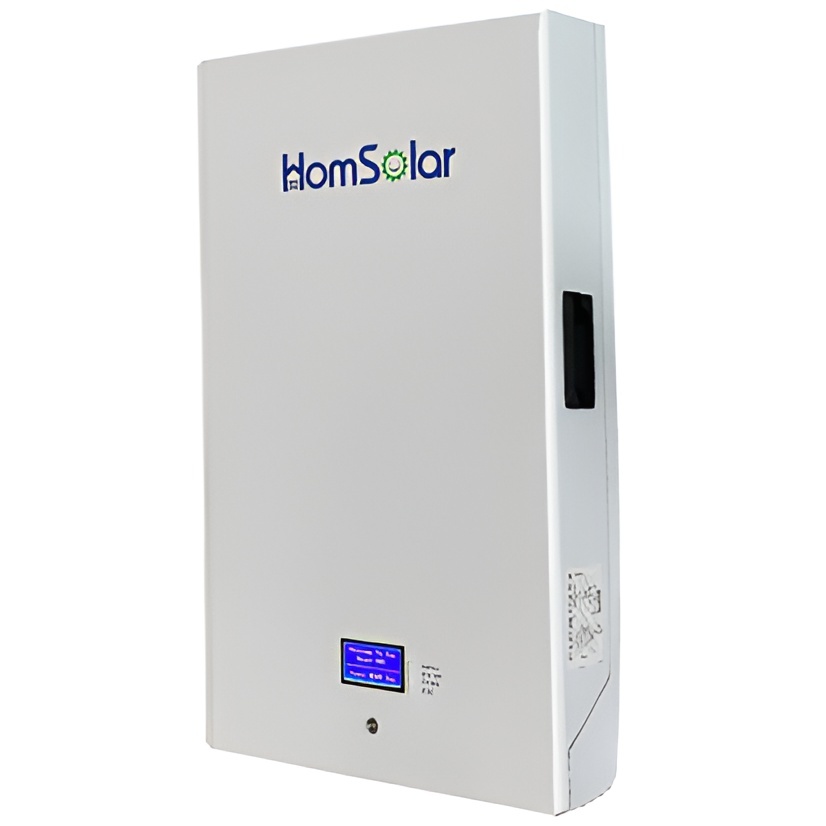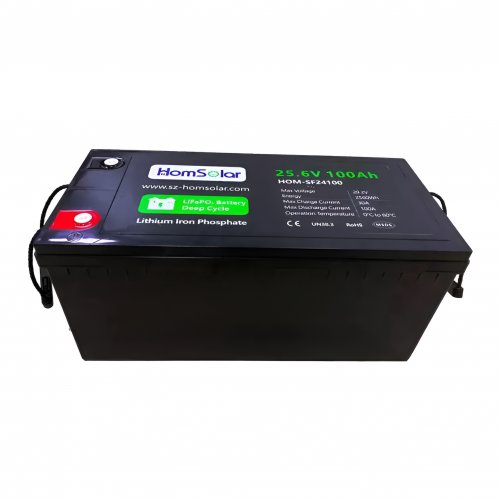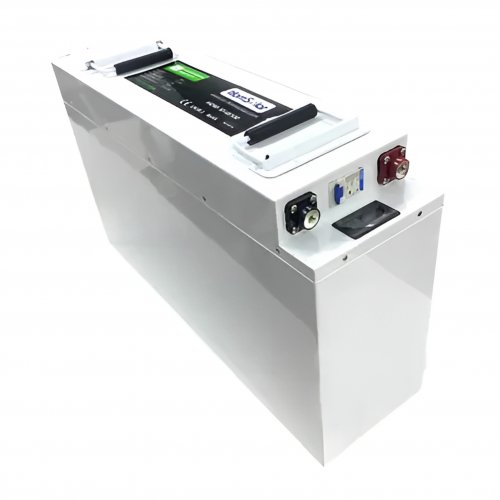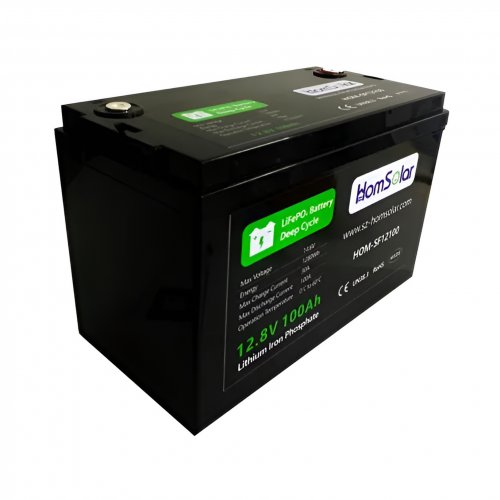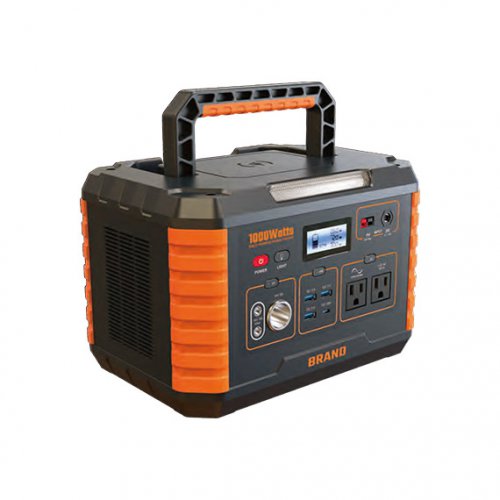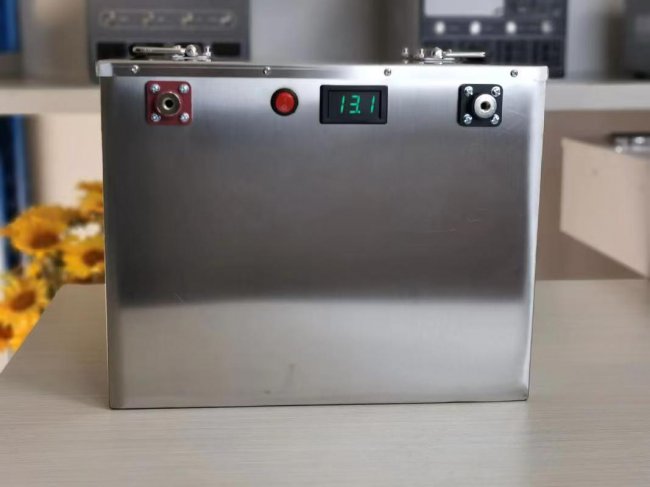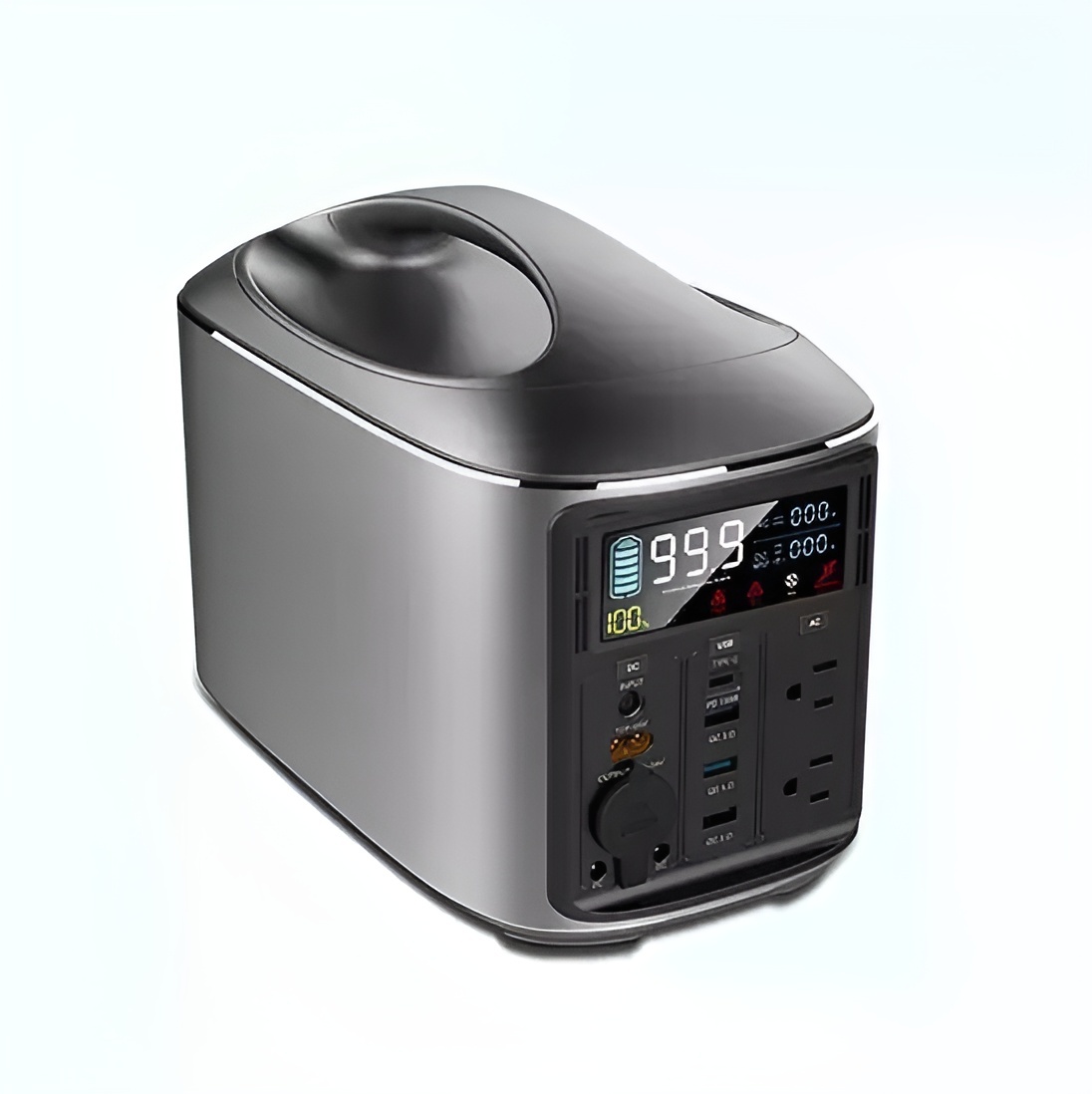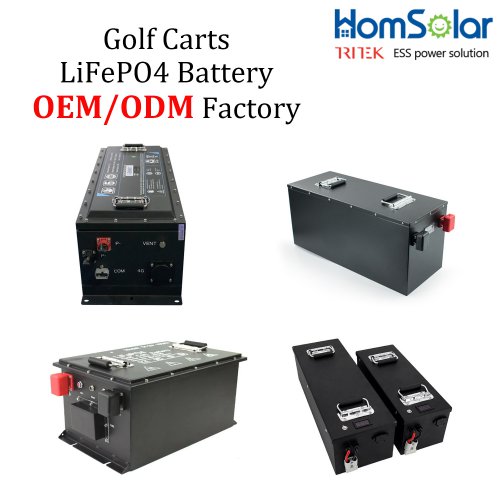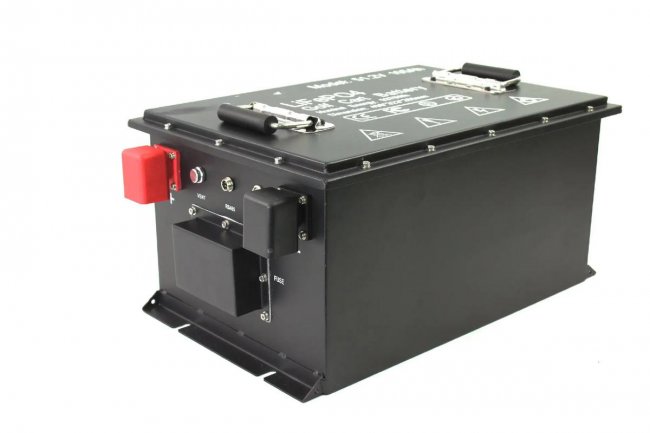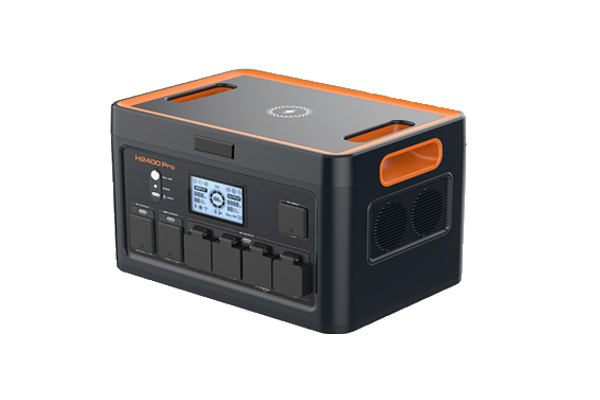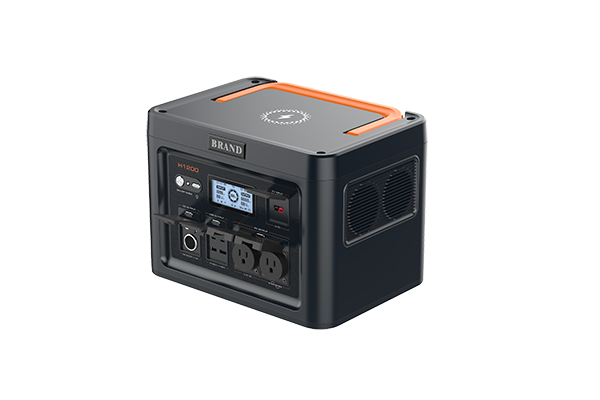New research suggests optimal tilt angle, overhead height for rooftop PV systems
Researchers from China's Guilin University of Electronic Technology have proposed a new model to investigate the impact of different overhead heights and tilt angles of PV modules on thermal and electrical performance and energy-saving of rooms.
The numerical model's accuracy was verified through an experimental model.
“A comprehensive study about the influence of various overhead heights and tilt angles on annual thermal and electric performance is lacking in the literature, while such a study is essential to understand the obstacles during the design of photovoltaic roofs,” said the team. “Moreover, previous studies concentrate on the energy-saving benefits of photovoltaic roofs in specific installation types, but there is a lack of research on the comprehensive performance in different installation types.”
The numerical model was developed in the Design Builder software, which can account for various energy exchanges inside and outside buildings, including multiple forms of heat transfer such as conduction, convection, and radiation. Local meteorological data from the northeastern Chinese city of Guilin were used.
An enclosed structure without PV on top is compared to one where the height and the tilt angle of PV modules are at play.
“The enclosure structure of the simulation room used single-layer plywood with a thickness of 1.5 cm,” said the group. “To simulate the reflection effect of aluminum foil around the building, a 0.01 cm thick reflective layer with a reflectivity of 0.90 is constructed around the enclosure structure. The photovoltaic module is a 200 W monocrystalline silicon photovoltaic panel.”
The experimental rig used plywood measuring 1,850 mm × 950 mm × 1,850 mm, with a thickness of 15 mm. Aluminum foil covered the surface of the test rig to reduce heat dissipation from the enclosing structure, and the PV modules had dimensions of 1,580 mm × 808 mm × 35 mm. It was measured against the simulated model with an overhead height of 200 mm and a tilt angle 25◦ for the PV panel.

Image: Guilin University of Electronic Technology, Results in Engineering, CC BY 4.0
“The root mean square error (RMSE) and mean absolute percentage error (MAPE) of the roof with photovoltaic modules are 0.16–2.35 and 0.90%–9.38%,” the scientists said. “Meanwhile, the RMSE and MAPE of the conventional roofs are 0.42–2.55 and 0.95%–8.89%. It is shown that the model established in this paper is reliable.”
Based on these results, the researchers changed the height and angle parameters in the simulation. To check the height impact, the academics fixed the panel to a parallel setting and checked it under 100 mm, 150 mm, and 200 mm. On the other hand, under a height of 200 mm, they checked different inclination angles. Namely, 0°, 15°, 20°, 25°, 30°, 35°, 40°, 45°.
“Due to the difference in solar elevation angle between summer and winter, the daily power generation (Epvr) of parallel overhead photovoltaic roofs is optimal (307.2 W/m2) in summer, and the Epvr decreases with the increase of tilt angle,” they explained. “The Epvr is the worst in winter, while the gain of an inclined overhead power supply gain shows a single peak trend. The gain of the inclined overhead photovoltaic roof at 40◦ reaches the best (234.6 W/m2) and then shows a downward trend.”
Customized/OEM/ODM Service
HomSolar Supports Lifepo4 battery pack customization/OEM/ODM service, welcome to contact us and tell us your needs.


HomSolar: Your One-stop LiFePO4 Battery Pack & ESS Solution Manufacturer
Our line of LiFePO4 (LFP) batteries offer a solution to demanding applications that require a lighter weight, longer life, and higher capacity battery. Features include advanced battery management systems (BMS), Bluetooth® communication and active intelligent monitoring.

Customised Lithium Iron Phosphate Battery Casing
ABS plastic housing, aluminium housing, stainless steel housing and iron housing are available, and can also be designed and customised according to your needs.

HomSolar Smart BMS
Intelligent Battery Management System for HomSolar Energy Storage System. Bluetooth, temperature sensor, LCD display, CAN interface, UART interface also available.


Terminals & Plugs Can Be Customized
A wide range of terminals and plugs can be customised to suit the application needs of your battery products.

Well-designed Solutions for Energy Storage Systems
We will design the perfect energy storage system solution according to your needs, so that you can easily solve the specific industry applications of battery products.



About Our Battery Cells
Our energy storage system products use brand new grade A LiFePO4 cells with a battery lifespan of more than 4,000 charge/discharge cycles.



Applications in Different Industries
We supply customized & OEM battery pack, assemble cells with wiring, fuse and plastic cover, all the cell wires connected to PCB plug or built BMS.
Applications: E-bike, Electric Scooter, Golf Carts, RV, Electric Wheelchair, Electric Tools, Robot Cleaner, Robot Sweeper, Solar Energy Storage System, Emergency Light, Solar Power Light, Medical Equipment, UPS Backup Power Supply.
We can provide you with customized services. We have the ability to provide a vertical supply chain, from single cells to pack/module and to a complete power solution with BMS, etc.


HomSolar (Shenzhen) Technology Co., Ltd







